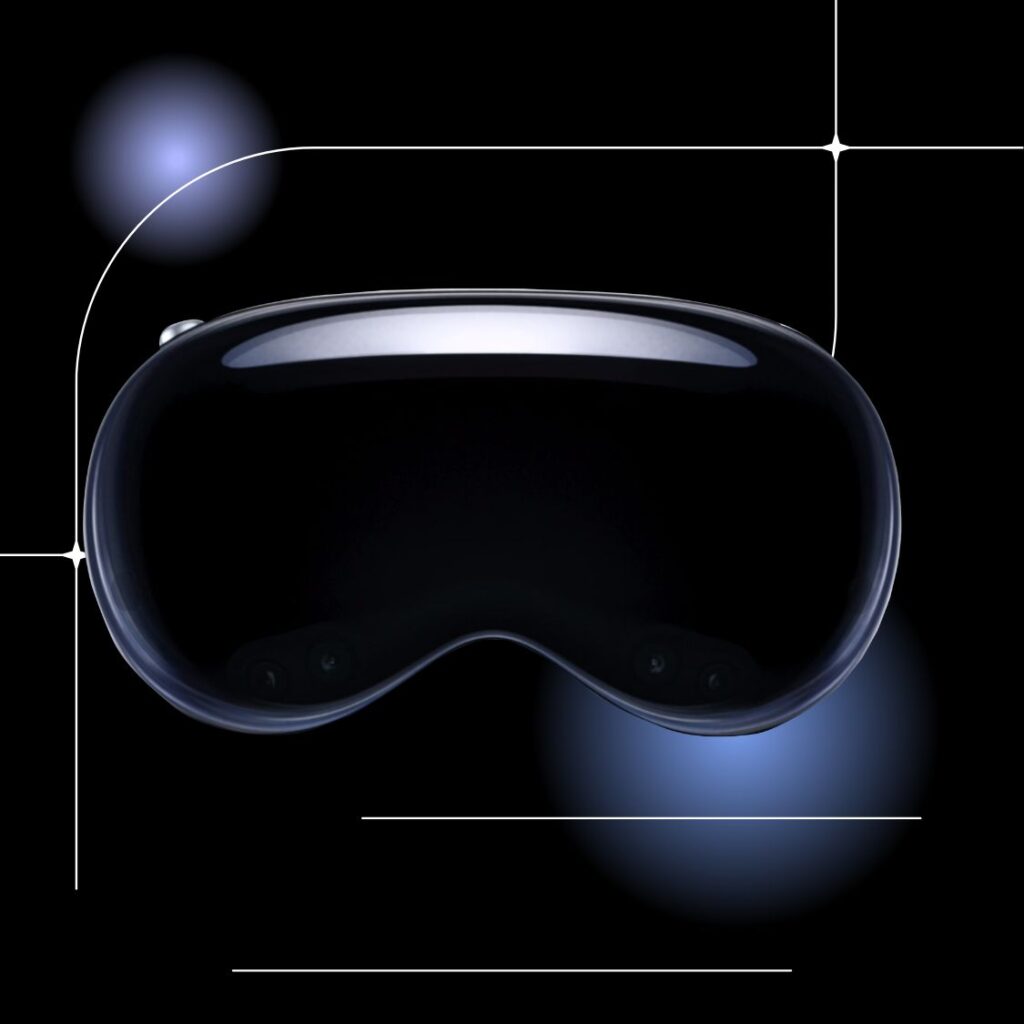Future Trends in Virtual Tours for Vancouver Real Estate
fernando.partidaislas
Writer & Professor
- July 19, 2024

Table of Contents
In the rapidly evolving landscape of real estate marketing, virtual tours have become an indispensable tool for showcasing properties. As technology advances, the capabilities of virtual tours are set to expand even further, integrating cutting-edge innovations such as Virtual Reality (VR), Augmented Reality (AR), and Artificial Intelligence (AI). These advancements promise to revolutionize the way properties are presented, making them more immersive, interactive, and accessible. In this article, we will explore the future trends in virtual tours for Vancouver real estate, examining how VR, AR, and AI are poised to reshape the industry.
The Evolution of Virtual Tours in Vancouver Real Estate
Virtual tours have come a long way since their inception. Initially, they were simple 360-degree photographs stitched together to provide a panoramic view of a property. Over time, technological advancements have enabled the creation of more sophisticated and interactive virtual tours.
Historical Perspective
The concept of virtual tours dates back to the 1990s, when the first panoramic photographs were used to give potential buyers a better sense of a property’s layout. These early virtual tours were rudimentary and lacked the interactivity that modern users expect.
Technological Milestones
The advent of high-speed internet and advancements in digital imaging technologies marked significant milestones in the evolution of virtual tours. The integration of 3D modeling and interactive features allowed for more detailed and engaging property presentations.
Current Landscape
Today, virtual tours are a staple in Vancouver real estate marketing. They offer prospective buyers the ability to explore properties from the comfort of their homes, significantly enhancing the property viewing experience. Current virtual tours often include interactive floor plans, multimedia elements, and guided tours narrated by real estate agents.
Virtual Reality (VR) in Vancouver Real Estate
Virtual Reality (VR) represents a significant leap forward in the realm of virtual tours. By immersing users in a fully interactive 3D environment, VR provides a more realistic and engaging experience.
VR Overview
VR technology uses headsets and motion tracking to create a simulated environment that users can interact with in real-time. This technology has the potential to transform property viewing by offering a more immersive experience.
VR Hardware and Software
The development of VR hardware, such as Oculus Rift and HTC Vive, has made high-quality VR experiences more accessible. Additionally, advancements in VR software have enabled the creation of detailed and interactive virtual environments.
Benefits of VR in Vancouver Real Estate
The benefits of VR in Vancouver real estate are numerous. It allows potential buyers to explore properties in a more immersive way, helping them to visualize the space and layout more effectively. VR tours can also save time and resources by reducing the need for physical property visits.
Augmented Reality (AR) and Vancouver Real Estate
Augmented Reality (AR) is another technology that is set to revolutionize virtual tours. Unlike VR, which creates a fully immersive environment, AR overlays digital information onto the real world.
AR Overview
AR technology uses cameras and sensors to superimpose digital elements onto a user’s view of the real world. This can be done through smartphones, tablets, or AR glasses.
AR Hardware and Software
AR hardware, such as Microsoft HoloLens and AR-enabled smartphones, provides the necessary tools for creating AR experiences. AR software platforms, like ARKit and ARCore, enable developers to build interactive AR applications.
Applications of AR in Vancouver Real Estate
AR can be used in various ways in Vancouver real estate. For example, potential buyers can use AR to see how furniture would look in a space, visualize changes to the property, or access additional information about the property while viewing it.

Artificial Intelligence (AI) in Virtual Tours
Artificial Intelligence (AI) is playing an increasingly important role in enhancing virtual tours. By analyzing user data and preferences, AI can create more personalized and engaging experiences.
AI Overview
AI involves the use of machine learning algorithms to analyze data and make predictions. In the context of virtual tours, AI can be used to customize the viewing experience based on user behavior and preferences.
AI Tools for Virtual Tours
AI tools, such as chatbots and recommendation engines, can enhance virtual tours by providing users with personalized information and suggestions. For example, an AI-powered virtual tour could highlight features of a property that are most relevant to a user’s preferences.
Impact of AI on Vancouver Real Estate Marketing
The integration of AI in virtual tours can significantly improve the effectiveness of Vancouver real estate marketing. By providing more personalized and relevant information, AI can help to engage potential buyers and increase the likelihood of a sale.
Integration of VR, AR, and AI in Vancouver Real Estate
The future of virtual tours in Vancouver real estate lies in the seamless integration of VR, AR, and AI technologies. By combining these technologies, real estate professionals can create more immersive, interactive, and personalized property viewing experiences.
Synergy of Technologies
The synergy of VR, AR, and AI technologies can provide a comprehensive and engaging virtual tour experience. For example, a VR tour could be enhanced with AR overlays and personalized AI recommendations.
Case Studies
Several real estate companies have already begun to integrate these technologies into their virtual tours. For example, some companies are using VR to create immersive property tours, AR to provide additional information, and AI to personalize the experience.
Future Possibilities
As these technologies continue to evolve, the possibilities for virtual tours in Vancouver real estate are endless. Future virtual tours could include features such as real-time collaboration, advanced customization options, and more sophisticated AI-driven recommendations.
User Experience and Virtual Tours
Enhancing the user experience is a key goal of future virtual tours. By making tours more engaging and interactive, real estate professionals can provide a better experience for potential buyers.
Enhancing User Engagement
Interactive elements, such as clickable hotspots and multimedia content, can help to engage users and keep them interested in the tour. Additionally, features like guided tours and virtual open houses can provide a more comprehensive viewing experience.
Customization Options
Customization options, such as the ability to change the color scheme or layout of a property, can help users to visualize the space more effectively. These features can also provide a more personalized experience, catering to the specific preferences of the user.
Accessibility Considerations
Ensuring that virtual tours are accessible to all users is an important consideration. This includes providing features such as screen reader compatibility, subtitles for audio content, and alternative navigation options.
Cost Implications of Advanced Virtual Tours
While the initial investment in advanced virtual tours can be significant, the long-term benefits often outweigh the costs. Real estate professionals should consider the cost implications and potential return on investment (ROI) of these technologies.
Initial Investment
The initial investment in VR, AR, and AI technologies can be high, including the cost of hardware, software, and development. However, these costs are often justified by the enhanced marketing capabilities and improved user experience.
Long-term ROI
The long-term ROI of advanced virtual tours can be substantial. By providing a more engaging and effective marketing tool, these technologies can help to attract more potential buyers and increase the likelihood of a sale.

FAQ
Q1: What are virtual tours, and why are they important for Vancouver real estate?
- A1: Virtual tours are digital simulations of properties, allowing prospective buyers to explore spaces through devices like computers and VR headsets. They are crucial in Vancouver’s real estate market because they provide a more detailed and immersive view than traditional photography, helping buyers make informed decisions from anywhere in the world.
Q2: How do VR, AR, and AI enhance virtual tours?
- A2: VR offers a fully immersive experience where buyers can feel like they’re walking through the property. AR adds digital overlays that provide additional information or show potential modifications in real-time. AI personalizes the experience, suggesting properties based on the user’s behavior and preferences, thus enhancing user engagement.
Q3: What are the main benefits of using VR in real estate?
- A3: The primary benefits include enhanced immersive experiences that help buyers visualize the property better, increased convenience by reducing the need for physical tours, and the ability to showcase properties more effectively, thereby accelerating the decision-making process.
Q4: Are there significant challenges in adopting advanced virtual tours?
- A4: Yes, challenges include the high initial cost of technology, the need for technical expertise to create and maintain sophisticated virtual tours, and the potential resistance from traditional buyers and sellers who prefer conventional methods.
Q5: What does the future hold for virtual tours in Vancouver real estate?
- A5: The future looks highly promising with advancements in technology making virtual tours more sophisticated. Expect to see more interactive and customizable features, broader adoption as the benefits become clearer, and an increasing role in how properties are marketed and sold in a digital age.
Wrapping Up
The future of virtual tours in Vancouver’s real estate market is undoubtedly promising. As someone deeply involved in the intersection of technology and marketing, I find the integration of Virtual Reality (VR), Augmented Reality (AR), and Artificial Intelligence (AI) into real estate to be a significant advancement. These technologies not only enhance the buyer’s journey by providing immersive, interactive experiences but also streamline the decision-making process. This can be especially valuable in a competitive market like Vancouver, where the ability to stand out and deliver unique viewing experiences can greatly influence buying decisions.
Moreover, the evolution from simple panoramic views to sophisticated, interactive tours signifies a shift towards digital-first strategies in property marketing. This shift is likely to continue as technologies advance, making virtual tours an indispensable tool in the real estate toolbox. The benefits, including time savings, cost efficiency, and a broader reach, outweigh the initial investment in technology. This suggests a bright future for virtual tours in enhancing how properties are marketed and sold.
- All Projects
- Blog









